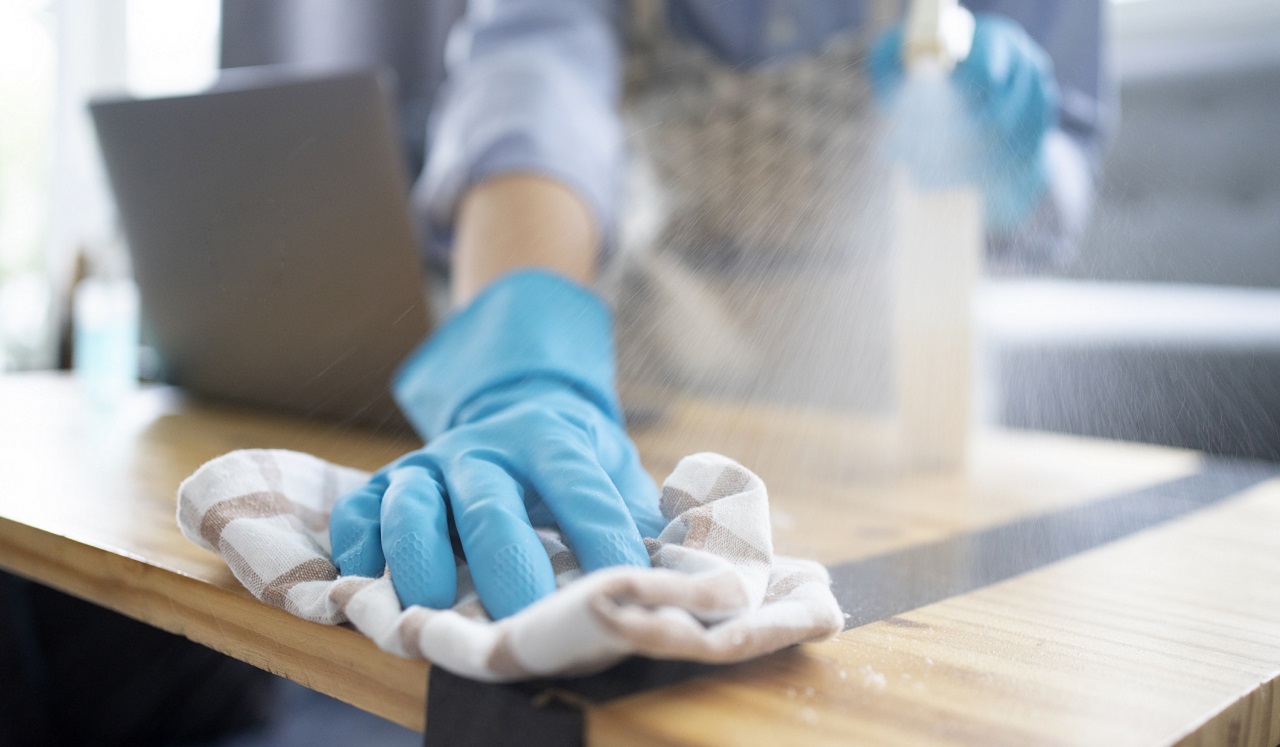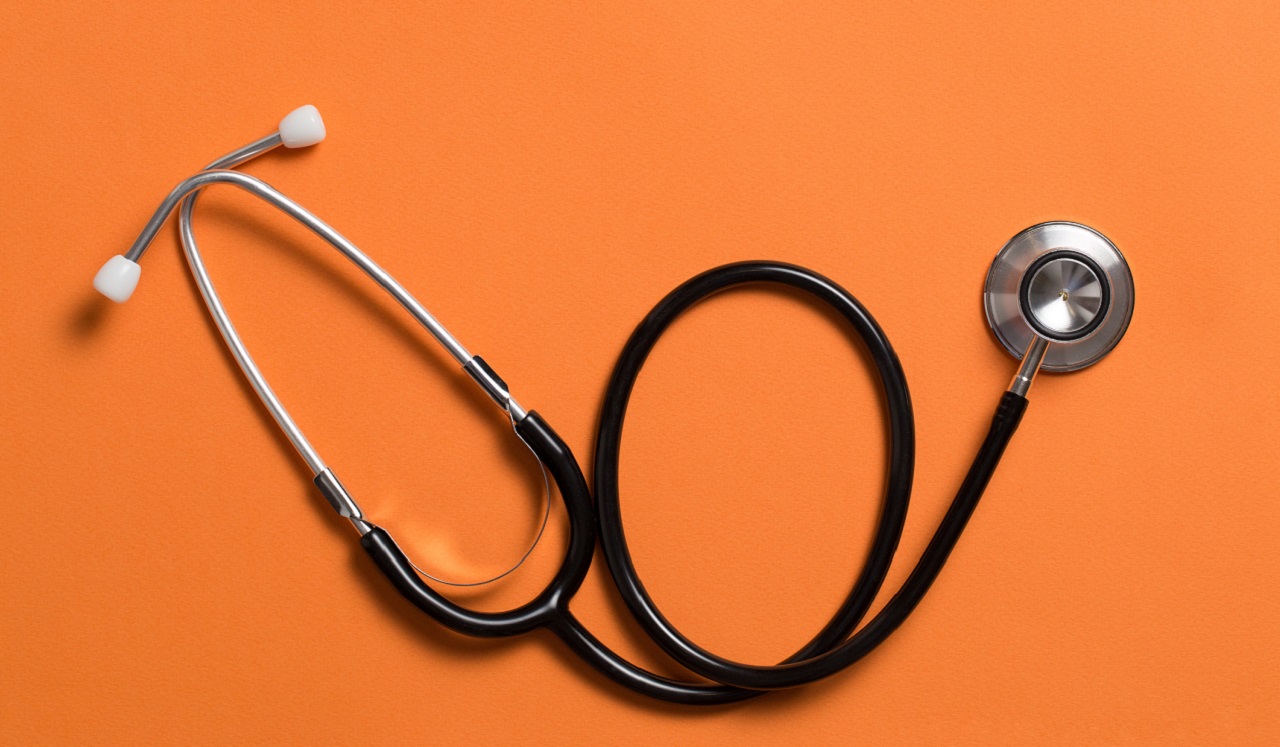August 3, 2020
You’ve been exposed to COVID-19. Now what?
First, some reassurance from Halie Shah, MD, an internist and primary care physician at Memorial Hermann Medical Group Clear Lake.
“You’re less likely to have caught the coronavirus if you’ve worn a mask, kept socially distant and washed your hands often and thoroughly,” says Dr. Shah.
Even so, you need to act promptly to protect yourself, your family and others.
Here’s what you need to know according to Dr. Shah:
Q: Do I need to get tested right away?
A: If you’re tested the day of or a few days after you’re exposed, your odds of getting a false negative are high, because the virus has yet to spawn and spread.
Plus, getting tested won’t change the course of treatment or actions you should take. “If you’re not certain you have COVID-19, getting a test can create extra anxiety and will take time,” Dr. Shah says. “The first priority for testing should be for the people who are symptomatic.”
Symptoms of the coronavirus include fever (generally 100.4◦F or higher), coughing, headaches, muscle aches and shortness of breath. Other signs can include exhaustion, chills, sore throat and loss of appetite and/or sense of smell.
Head to the doctor if you have high fever, severe cough or shortness of breath, which also are signs of pneumonia.
“There is no medication or treatment for mild to moderate symptoms, beyond rest, staying hydrated and taking Tylenol or non-steroidal anti-inflammatory drugs for fever and aches,” says Dr. Shah.
Q: Should I see my doctor?
A: As long as symptoms are stable, mild or moderate and you’re able to breathe with ease, you don’t need to see a doctor. But phone your doctor’s office to alert the staff to your illness and other health issues such as asthma, diabetes, and lung or heart disease.
Head to the emergency room if you experience dizziness, confusion, delirium, seizures or muscle weakness, tingling or numbness in the hands and feet, as you may be at risk for blood clots, heart attack or stroke.
“If you’re not breathing well or your symptoms worsen, you need to go to the hospital, because coronavirus can get very serious,” says Dr. Shah.
Q: What should I do to protect my family and friends?
A: Don’t wait for symptoms to manifest. You can be contagious while asymptomatic.
According to Dr. Shah, as soon as you realize you were exposed, stay home for 14 days from your last date of close contact.
If someone in your home falls ill and you’re able to avoid any contact with them, your 14-day, stay-at-home countdown begins the date of their isolation.
You must restart your 14-day quarantine any time you have close contact with anyone with COVID-19.
Ideally, whoever is ill should stay in a separate bedroom and use a different bathroom than family or roommates.
Caregivers should wear masks in the presence of the ill person, practice social distancing and frequently disinfect surfaces in the house. Also wear disposable gloves, if available, when handling the items the ill person is using. Clean hands with soap and water or an alcohol-based sanitizer promptly after removing your gloves.
This may be challenging when you’re taking care of the elderly or people with mobility issues. “If you live with others, it can be difficult to isolate yourself,” Dr. Shah says. “Do the best you can. This is not something you can execute perfectly because we have to do what’s practical and feasible.”
What about if close contact is unavoidable because you don’t have a separate bedroom for the ill person, or you’re unable to stay at least six feet away from them? Dr. Shah recommends that you should avoid contact with anyone outside the home during the person’s illness including for 10 days after their symptoms started and their last 3 days with no fever or symptoms.
If you must leave your home, wear a mask, wash your hands regularly and maintain social distance of 6 feet or more.
Q: What tests are available?
A: The most common test to check for a current infection uses long swabs that go inside your nostril and possibly your throat. “It’s uncomfortable, but if you have to get it done, you have to,” Dr. Shah says. “You can repeat it after you recover to see whether you’re healthy.”
Saliva tests, in which you spit into a cup, can be done at home but are not widely available.
City and county testing are available all over Houston, and you also can get tested at Memorial Hermann urgent care if you are symptomatic. “Whether you’re tested or not, your treatment is going to be the same,” says Dr. Shah.
According to Dr. Shah, blood tests to check whether you’ve formed antibodies to the virus are less accurate. “They usually are not necessary unless your employer requires them before you can return to work,” she says.
Don’t wait for test results to begin your quarantine.
Q: How long must I quarantine?
A: You should quarantine for 14 days after being exposed. If you have symptoms, continue to isolate yourself for 10 days after your symptoms pass and 3 days after your fever ends.
If symptoms return, you need to start the clock over, again waiting 10 days post-symptoms and 3 days post-fever to resume normal activities.
That’s the time Dr. Shah says you should consider getting the nasal swab test. After two negative results, 24 hours apart, you’re considered over the virus.
Then you can return to safe preventive measures: maintaining social distance of six or more feet, washing hands frequently, not touching your face and wearing a mask to protect you and others from airborne droplets, the main way the virus is transmitted.
“You can go to work, run errands and even meet friends who are healthy,” she says.
It’s safer to be outdoors and to limit the number of people and the length of time with them. “The coronavirus is a very serious illness. You have to be practical, but also do your best to be physically and emotionally healthy,” she says.
Q: Where can I find more online about COVID-19?
A: “This is an evolving disease and if you want to keep up with the latest data, you can do educational research on trusted websites that continually update, such as those of the U.S. Centers for Disease Control and Prevention and Memorial Hermann,” Dr. Shah says.
Q: Could I just have the flu, and how can I tell the difference?
A: “It’s very difficult to tell the difference, so you should quarantine if you have symptoms or have been exposed to COVID-19,” says Dr. Shah.
Q: What about my other medical issues?
A: Don’t forget your health otherwise. Many conditions should be monitored in person or via virtual care, such as diabetes, hypertension and high cholesterol.
Memorial Hermann-affiliated providers have adopted measures at their offices to help keep patients and their families safe.
Not only patients but also clinic staff and doctors wear masks during appointments. Patients are screened by phone in advance of appointments for COVID-19 symptoms. Upon entry, patients are checked for fever and symptoms. In-person appointments are staggered so patients have no contact with other patients.
At many offices, patients exit contact-free. Offices are disinfected regularly as per CDC guidelines.
The information in this article was accurate as of August 3, 2020.


